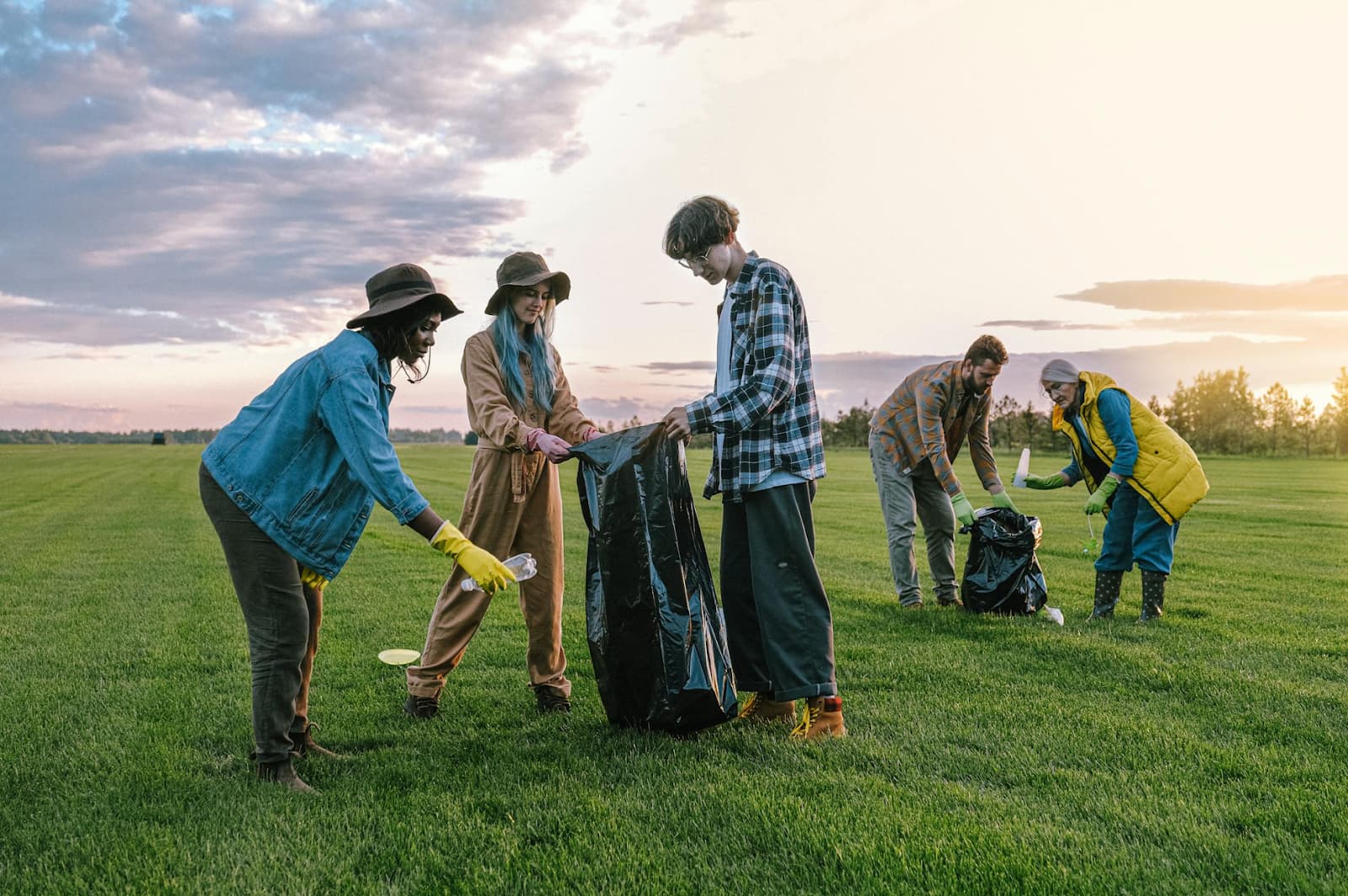
The Power of Giving Back: Why Volunteering Matters
Volunteering is not just about giving time or resources—it’s about creating positive change, both within communities and in your own life. The power of giving back extends far beyond the immediate impact on those being helped. It has the potential to shape personal growth, build stronger communities, and foster lasting connections. In this article, we explore the many reasons why volunteering matters and how it benefits everyone involved.
The Impact of Volunteering
Volunteering is a universal act of kindness that spans cultures, religions, and societies. It’s a way to help others, contribute to your community, and make a difference in the world. But the benefits are not just one-sided. The act of giving back also has a profound impact on volunteers themselves. Whether it’s helping at a local food bank, mentoring at-risk youth, or participating in environmental clean-ups, volunteering creates lasting and far-reaching effects for both volunteers and the recipients of their efforts.
Benefits of Volunteering
Personal Growth and Fulfillment
One of the most significant benefits of volunteering is the personal satisfaction and growth it fosters. Giving your time and energy to help others often leads to a sense of fulfillment and purpose. Many volunteers report feeling a deeper connection to their communities and a stronger sense of empathy for people from diverse backgrounds. This personal growth is a direct result of stepping out of your comfort zone and becoming more engaged in the lives of others.
Professional Development and Networking
Volunteering offers more than just emotional rewards—it can also enhance your career prospects. Whether you’re seeking to develop new skills or make professional connections, volunteering is a great way to gain experience and build your resume. Many volunteer positions require skills such as leadership, communication, problem-solving, and teamwork, all of which are highly valued by employers. Additionally, volunteering can open doors to new professional networks and opportunities, allowing you to meet like-minded individuals who share your values and interests.
Volunteering and Its Effect on Communities

Strengthening Community Bonds
At its core, volunteering is about strengthening relationships and building stronger, more cohesive communities. When people come together to volunteer, they create a sense of unity and shared responsibility. This sense of connection encourages individuals to look out for one another, fostering a culture of care and support. As a result, communities become more resilient, better equipped to face challenges, and capable of driving collective action for positive change.
Addressing Social Issues and Creating Change
Volunteering is also a powerful tool for addressing social issues and creating tangible change. Many organizations rely on volunteers to carry out essential work, from providing food and shelter to offering mental health support. Volunteers are instrumental in driving social change, raising awareness of important causes, and advocating for those who may not have a voice. By volunteering, you contribute directly to solving pressing problems such as poverty, education disparities, and environmental sustainability.
How to Get Involved in Volunteering
Finding the Right Volunteering Opportunity
Getting started with volunteering can seem overwhelming, but the key is to find an opportunity that aligns with your interests, values, and skills. There are countless organizations, both local and global, that offer volunteer opportunities in a wide range of fields. Whether you’re interested in working with animals, helping children, or contributing to environmental causes, there is something for everyone. Take time to research different organizations and determine where your efforts will have the most impact.
Making Volunteering Part of Your Life
Volunteering doesn’t have to be a one-time event—it can become a regular part of your life. Many people integrate volunteering into their routines by setting aside time each week or month to contribute to a cause they care about. Volunteering can be done on a small scale, like helping a neighbor, or on a larger scale, such as committing to a long-term project with a nonprofit organization. The key is consistency and dedication, as even small acts of kindness can have a lasting impact.
Why Volunteering Is More Than Just Helping Others
Volunteering is a transformative experience that benefits both individuals and the communities they serve. It promotes personal growth, strengthens professional skills, and fosters a greater sense of connection and empathy. Beyond the personal rewards, volunteering addresses critical social issues and helps create lasting change. So, the next time you have the opportunity to volunteer, remember that your efforts matter. The power of giving back extends far beyond the act itself—it can change lives, including your own.